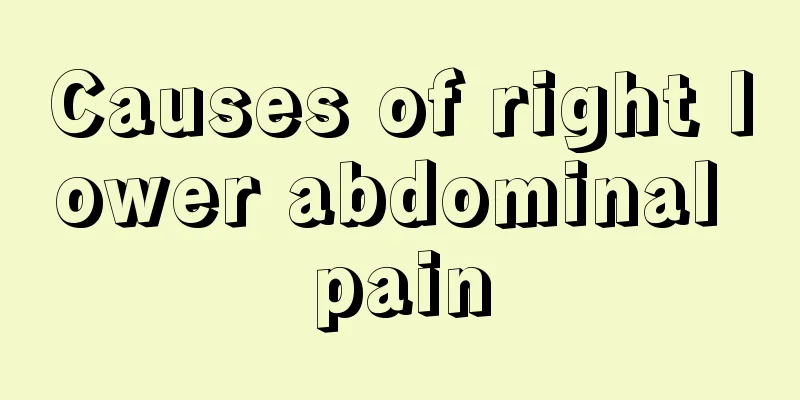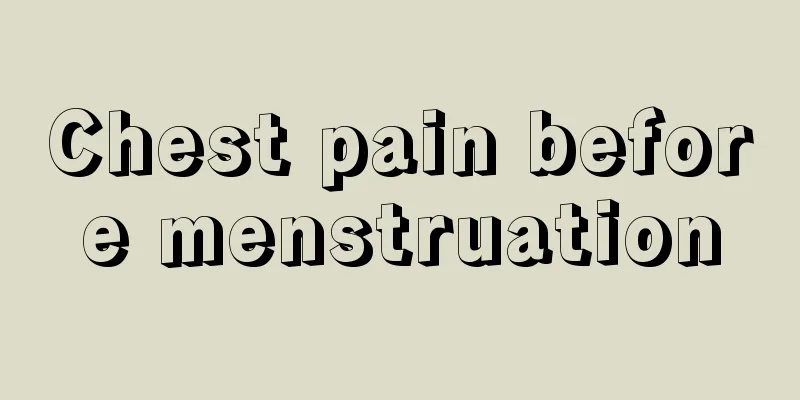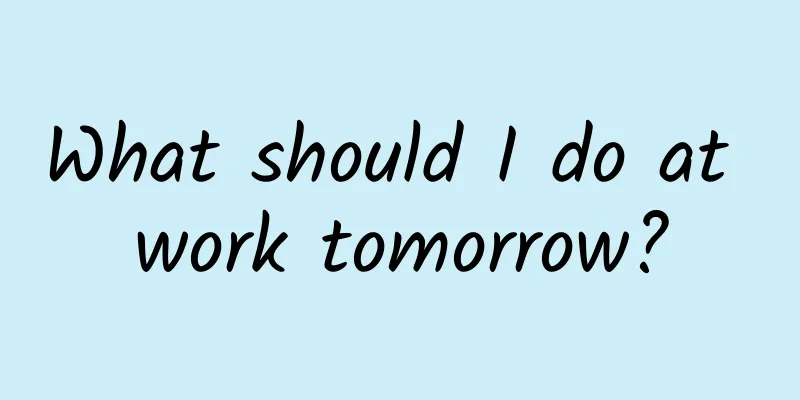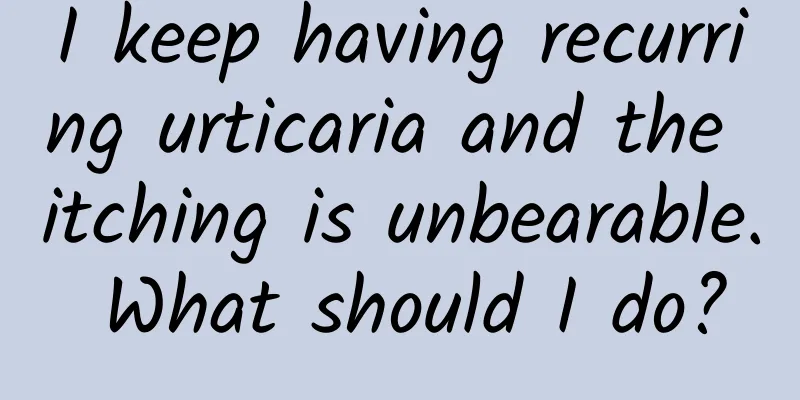Zhou Haimei's cause of death announced! Beware of the signs of a heart "strike", especially for those living alone!
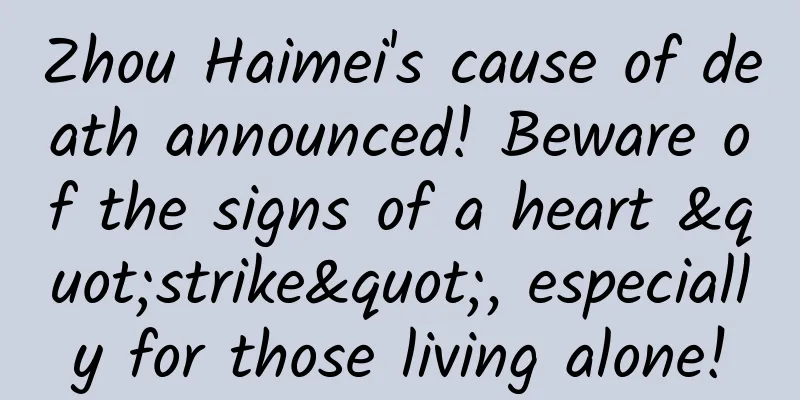
|
Recently, Zhou Feng, the sister of the famous actress Zhou Haimei, issued a statement. In the statement, she explained the cause of Zhou Haimei's death: According to the surveillance video and the identification of the forensic department, it was determined that Zhou Haimei died of a sudden heart attack. In recent years, news about celebrities who unfortunately died of sudden heart attacks has often occupied the media's pages, sparking heated discussions among the public. Is it reliable? With the widespread dissemination of medical knowledge, many people know that timely and correct cardiopulmonary resuscitation can save the lives of patients with myocardial infarction. But it seems to have fallen into a "misunderstanding" that only with medical staff or family members by your side can you escape from the clutches of death? What should people who live alone or have no one around them who knows cardiopulmonary resuscitation do when a myocardial infarction occurs ? Some self-media claim that mastering "self-CPR" can save one's life at a critical moment. In this regard, Hu Pengfei, director of the Department of Cardiology at the Second Hospital of Zhejiang University of Traditional Chinese Medicine (Zhejiang Xinhua Hospital), and Zhou Bingzhi, director of the Department of Emergency Medicine, both clearly stated that it is unreliable. "The so-called 'self-CPR' claims that the principle is that the patient should take a deep breath to inhale oxygen into the lungs; by coughing, the action squeezes the heart, thereby promoting blood circulation and helping to restore a normal pulse." Director Hu Pengfei said that there is no basis for this. Director Hu Pengfei emphasized: "Mastering the correct methods of prevention and calling for help is the key to saving lives!" Pay attention to the signs of heart "strike" "Acute myocardial infarction refers to severe and persistent ischemia of the corresponding myocardium and resulting in myocardial necrosis due to a sharp decrease or interruption of coronary artery blood supply on the basis of coronary artery disease." Director Hu Pengfei said that many people think that myocardial infarction is a sudden attack, but in fact there are signs. It's just that many people do not pay attention to the body's warnings before myocardial infarction, which eventually leads to acute myocardial infarction or even sudden death. "Generally speaking, 'pain' is the first and most prominent symptom of acute myocardial infarction ." Director Hu Pengfei explained that the typical location is from behind the sternum to the pharynx or in the precordial area, radiating to the left shoulder and left arm. The duration is often greater than 30 minutes, or even up to more than 10 hours. Rest and sublingual nitroglycerin generally cannot relieve the pain. In this case, you need to go to the hospital immediately for treatment. However, for many elderly people, especially those with diabetes, due to the dull sensation of peripheral nerves, some people may experience "painless myocardial infarction". "We recently admitted an 88-year-old woman who lived alone. She had chest tightness and shortness of breath for the past few days, but no chest pain. Fortunately, she was highly alert and rushed to the hospital for examination." Director Hu Pengfei said that after the examination at the hospital, it was found that she had acute myocardial infarction. This is a "typical" myocardial infarction in the elderly with "atypical symptoms". This type of "atypical symptoms" of myocardial infarction is more common in young and middle-aged men or people with strong wills. These people never take minor illnesses and pains seriously and are easily blind to some precursors of painless myocardial infarction. "Therefore, never force yourself to be strong when it comes to your health! " Director Hu Pengfei reminded that if you experience unexplained low blood pressure, chest tightness, breathlessness, shortness of breath, dizziness and other symptoms, you should go to the hospital for treatment. Correct self-rescue is the key to saving life "If you suspect you may have a myocardial infarction, correct self-help measures can increase your survival rate." Director Hu Pengfei emphasized that the most important thing is to call for help in time and dial 120. At the same time, while waiting for the 120 ambulance, the patient must control his emotions and reduce activities. Tips: We must remember two "120s": one is "if you have chest pain, call 120 as soon as possible"; the other is "to treat myocardial infarction, strive for the golden 120 minutes." "The patient should immediately go to bed or lie flat on the ground to avoid activities , emotional tension, etc. that increase the heart's oxygen consumption." Director Hu Pengfei said that appropriate slow deep breathing can help lower the heart rate, but the speed of deep breathing should not be too fast, otherwise it will cause hyperventilation. Generally, once every 5 seconds is appropriate. If conditions permit, oxygen inhalation is also a better choice. "When using nitroglycerin tablets and other drugs in an emergency, you must be careful and it is best to measure blood pressure. Only take nitroglycerin after it is clear that the blood pressure is not low to prevent improper use of the medication from aggravating the condition. Especially when the patient's self-measured pulse is weak, dizziness, and profuse sweating occurs, if there are no conditions to measure blood pressure, do not take nitroglycerin blindly." Director Hu Pengfei emphasized that aspirin must be taken when blood pressure is clearly not high. If the patient's blood pressure is too high, taking large doses of aspirin will increase the risk of cerebral hemorrhage. For people living alone, Director Hu Pengfei also reminds them to keep medical records, medical insurance cards and other information in easily accessible places. It is best to include allergy history, daily medication, blood pressure, blood sugar and other records in the medical records . If conditions permit, you should also prepare first aid medicines such as blood pressure monitors, oxygen concentrators, and nitroglycerin in case of emergency. |
<<: Why do you need to fast before surgery?
>>: If you don’t like vegetables, can you eat more fruits instead?
Recommend
Hot at night after IVF
More and more people choose to have IVF. Why? It ...
This kind of "water-filled bell" common in the south bears fruit all year round and is nutritious and delicious.
Some people say that wax apple is a "bell fi...
Can I eat edamame during confinement?
For many women, they need to pay special attentio...
What is buckwheat bread? Will eating too much buckwheat bread make you fat?
Buckwheat bread is a sour food. It is rich in cru...
Beware! Don’t eat this kind of sugar cane! Many people are unaware…
This article was reviewed by Liu Shaowei, food sa...
What is the best way to stick tiles when they fall off? What mop is good and clean for mopping tiles?
Sometimes life can bring us "little surprise...
What is the difference between threatened miscarriage and menstruation?
Some people are not in the stage of preparing for...
The harm of abortion to the body and the harm to the body
Abortion, also known as interruption of pregnancy...
Rumor debunked: Eating alkaline foods can prevent cancer!
In daily life, the saying about the acidity and a...
What is prediabetes? It is more reliable to do these three tests to screen for abnormal blood sugar!
Author: Li Guangwei, Chief Physician, Fuwai Hospi...
What is the best iron supplement during pregnancy?
Pregnant women should pay attention to a balanced...
What causes breast and nipple pain?
Breasts are a very beautiful part of a woman'...
What is blocking antibody deficiency?
Some of you may have heard of the symptoms of blo...
What to do if your period is light and has black blood clots
We all know that normal women have a physiologica...
What causes cervical cysts?
Cervical cyst is one of the common gynecological ...


